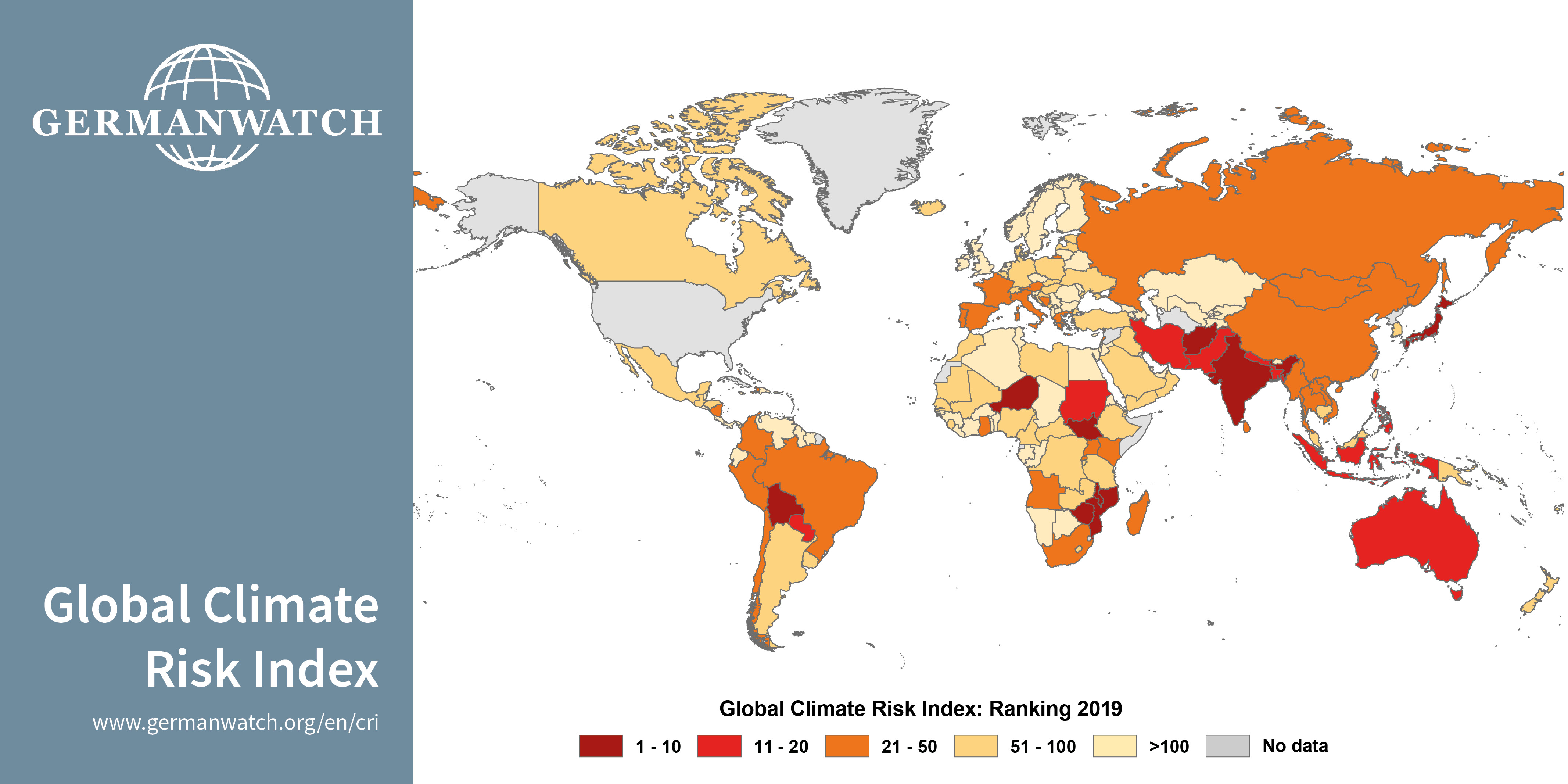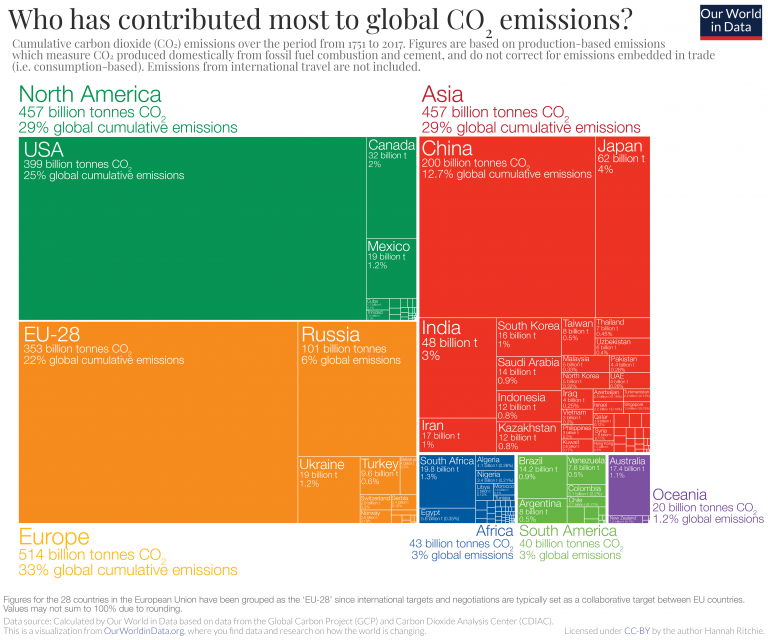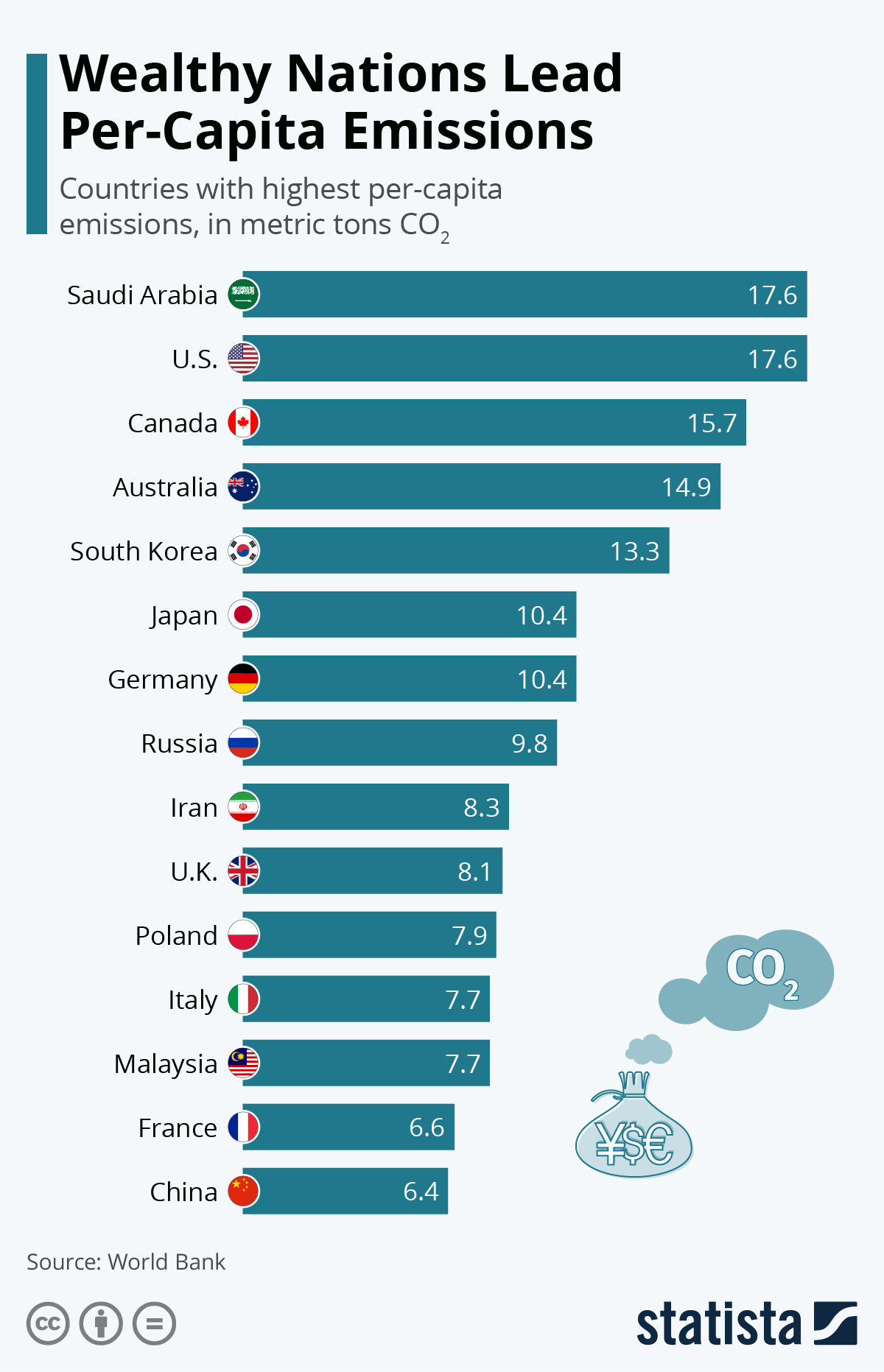The overall message from the panel is that measures taken to date to address climate change are important but not sufficient to avert a larger crisis later this century.
Nevertheless, experts who were part of the IPCC process or informed by it say there are bright spots.
Sarah Burch is a Canada Research Chair in Sustainability Governance and Innovation at the University of Waterloo and a lead author for IPCC6, writing for Working Group 3 on sustainable development.
Prof. Burch said she’s heartened by creative efforts at local, national and international levels to transform energy, food and agriculture systems.
“I’m thrilled by the growing recognition that if we want good jobs, beautiful communities, thriving nature and healthy people, dealing with climate change head on is central to all of it,” Prof. Burch said.
Valérie Courtois also sees reason for hope.
Ms. Courtois is director of the Indigenous Leadership Initiative, an Ottawa-based group focused on Indigenous-led conservation. For the past decade, ILI has been working with Indigenous communities on initiatives including Indigenous Protected and Conserved Areas as well as guardian programs, in which Indigenous peoples are involved in research, monitoring and regulatory compliance activities on traditional territories.
Those initiatives are gathering momentum, reflecting research that
suggests IPCAs can help Canada meet its conservation goals
The federal government has made substantial investments in Indigenous conservation, including a December, 2022,
announcement of $800-million over seven years to support up to four Indigenous-led conservation areas.
“The thing that gives me hope is that I know a lot of the solutions lie with Indigenous peoples,” Ms. Courtois said.
Forests, wetlands and grasslands, often referred to as “nature-based climate solutions,” can capture and store carbon and help in mitigation by reducing the impact of flooding, wildfires or other disasters, Ms. Courtois said.
She’s also encouraged by growing global recognition of how IPCAs can play a role in improving communities’ social, physical and mental health by developing more sustainable economies. That could involve new approaches to industrial activities such as forestry.
“So that changes the entire paradigm. You’re not looking to maximize use. You’re thinking of what needs to stay for landscapes to be healthy – and what needs to stay for people to be healthy,” Ms. Courtois said.
“The number one question I ask is, ‘What needs to stay?’ – rather than, ‘What can I take?’”
Frank Jotzo, an IPCC core team author and a professor of environmental economics at the Australian National University in Canberra, said that another positive message from the sixth assessment is that technological solutions are beginning to appear that can lead to deep reductions in greenhouse gas emissions.
“That process has got under way,” he said. “If it can continue and accelerate then the chances of keeping to lower levels of global warming are greater.”
The sixth assessment was the longest in the making for the IPCC, in part because of delays related to the COVID-19 pandemic. With its conclusion, the UN body is now set to proceed with the production of a seventh assessment, a five- to seven-year process that will officially kick off this July.
Neil Swart, a scientist with the Canadian Centre for Climate Modelling and Analysis, a federal facility based in Victoria, said that an important part of the effort will be co-ordinating results with the centre’s counterparts around the world to achieve a reliable view of where the climate is heading. As in previous cycles, the challenge will lie in properly taking into account the natural variability of Earth’s climate system as well as the choices that people and governments are collectively likely to make.
What has raised the stakes on the entire process is the growing intensity of severe weather events and their impact on people, he said.
“We’ve seen a steady increase in the request for climate information over the years,” Dr. Swart said, “but once these extreme events really started to pile on over the last few years, that demand has really peaked.”
The next assessment cycle undertaken by the IPCC is likely to benefit from the models that can provide a more fine-grained analysis of climate change in different regions and spotlight vulnerabilities.
William Cheung, an ocean scientist at the University of British Columbia and another Canadian author of the synthesis report, said the next cycle should also strive to look collectively at the full suite of global societal challenges, including climate change, food security and biodiversity conservation.
“They are so interconnected yet they are often dealt with separately in national and international policy discussions,” Dr. Cheung said. “The IPCC started doing this in the sixth assessment, and I think it will be an important focus in the next cycle.”









